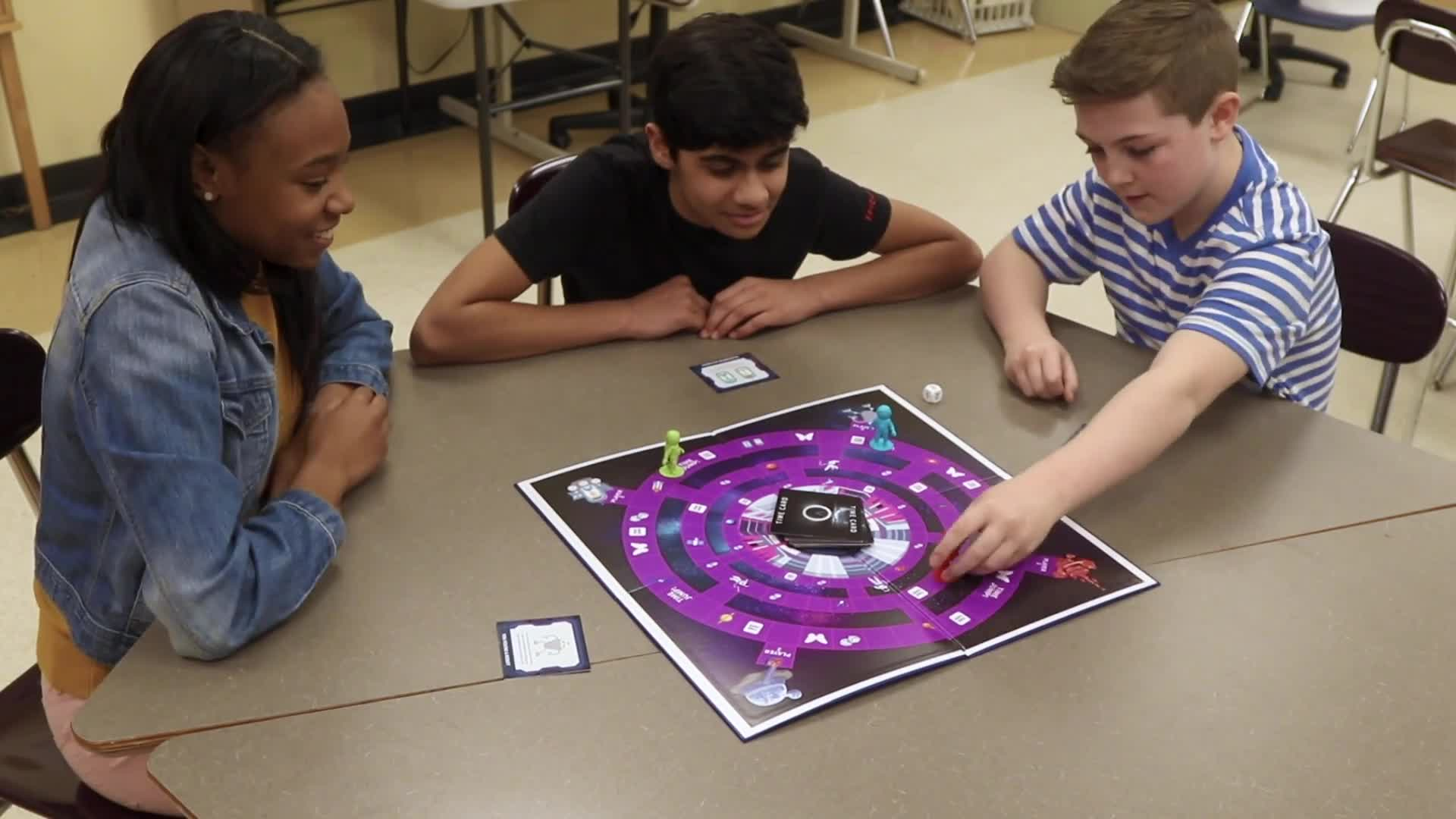
Introduction
Instilling good sportsmanship in young students is an essential part of their social-emotional development. By teaching PreK students to play games respectfully and inclusively, we help them build strong relationships with their peers and foster a positive learning environment. This blog post will explore an easy no-prep activity to teach good sportsmanship, followed by discussion questions, related skills, and next steps for educators.
No-Prep Activity: The Good Sport Role Play
This simple activity requires no preparation or materials, making it an excellent choice for busy educators. To start, have the students sit in a circle and discuss the concept of good sportsmanship. Explain that being a good sport means not bragging when winning, not complaining when losing, and ensuring everyone has fun during the game.
Next, ask for volunteers to act out a short role play, demonstrating good sportsmanship while playing a game with their friends. Remind the students to include the five steps mentioned in the prompt: agree on a game, make sure everyone knows how to play, set up the game, say “good game” at the end, and help clean up. After the role play, discuss with the class what they observed and how the characters displayed good sportsmanship.
Discussion Questions
- Why is it important to be a good sport when playing games with friends?
- How can being a good sport help build friendships?
- What are some examples of bad sportsmanship, and how can they affect the game and friendships?
- How can we encourage others to be good sports during games?
- What other situations might require good sportsmanship, outside of playing games?
Related Skills
Teaching good sportsmanship to PreK students also helps develop other essential social-emotional skills, such as:
- Empathy: Understanding and sharing the feelings of others, especially during games.
- Cooperation: Working together effectively to set up, play, and clean up games.
- Communication: Clearly expressing thoughts and feelings while playing games with friends.
- Conflict resolution: Addressing and resolving any issues that may arise during games.
Next Steps
Teaching good sportsmanship is a valuable aspect of social-emotional learning for PreK students. By incorporating these principles into your classroom, you can help create a positive and inclusive environment for all students. To access more resources and sample materials for teaching good sportsmanship and other essential skills, sign up for free samples at Everyday Speech.

